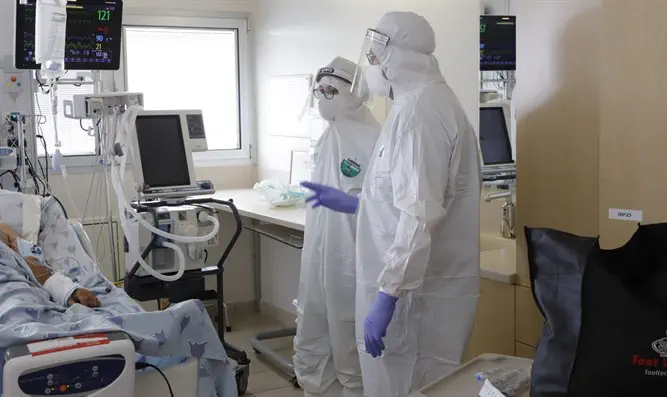
A British study of 47,780 recovered coronavirus patients found that many of them suffered increased rates of cardiovascular problems, breathing difficulties, and diabetes in the months following their recovery from the illness.
The study was conducted by England's Office for National Statistics, together with the University College of London and the University of Leicester. It has not yet been peer-reviewed.
All of the patients included in the study had been hospitalized between January-August 2020 with a main diagnosis of COVID-19, and then released home. The average age was 65.
According to the study, nearly 30% (29.4%) of those recovered required hospitalization within 140 days, and 12.3% of them died, News 12 noted.
During the study period, 14,140 coronavirus patients who were released home from the hospital developed breathing difficulties, compared with just 6,085 from the control group. Those most likely to require readmittance included the elderly and those of African or Asian descent, as well as other minorities.
Last summer, a different study led by University College London (UCL) and University College London Hospitals (UCLH) and published in the journal Brain linked COVID-19 to neurological complications such as delirium, brain inflammation, stroke and nerve damage.
In addition, an Israeli Military Intelligence report published in October showed that up to half of recovered coronavirus patients suffer cardiac dysfunction such as arrhythmias and myocarditis of varying severity, as well as persistent breathing and coughing difficulties and a decrease in physical fitness and endurance. According to several reports, some of those recovered suffer from scarring (fibrosis) of the lung tissue.